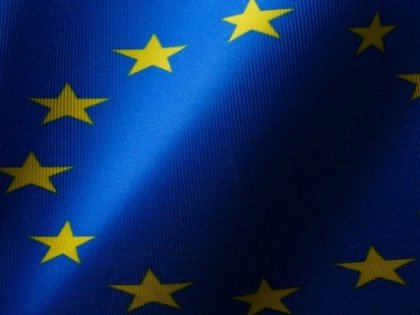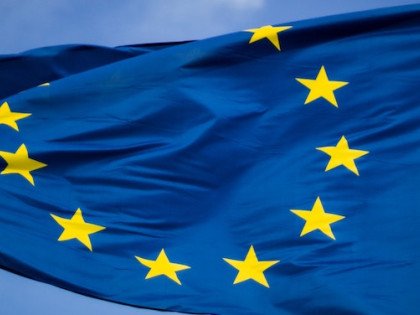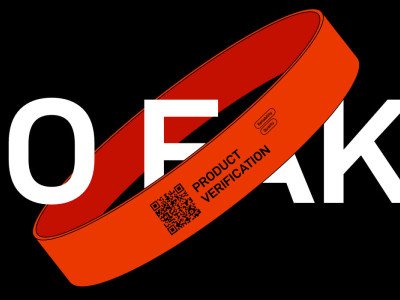Previously, any company wishing to sell electronic cigarettes in Sweden had to apply to the Läkemedelsverket, the medical products agency. The agency was able to ban products from the market entirely – and any company failing to acquire a stamp of approval from them were unable to trade.
This week their Supreme Administrative Court announced: “To be a medical product, it must have the ability to prevent or treat a disease and, therefore, provide a beneficial effect on human health.” But vaping products “do not contain instructions on how they could be used to reduce the consumption of cigarettes or nicotine addiction.”
The ruling effectively ended the Läkemedelsverket’s ability to control the market and opens the door for the free sale of products within the country. It reflects the position taken in the United Kingdom that electronic cigarettes are not medical products.
It followed on from Belgium’s Minister of Health presenting news that a new royal decree, once signed, would regulate the sale and distribution of electronic cigarettes across Belgium.
Despite being technically illegal, Belgium is reported to have 160,000 vapers (some of whom are members of the POTV forum). The legal status effectively barred over one and a half million smokers from practicing a harm-reduction approach to using nicotine.
Sales of ecigs and liquids will be allowed in any place currently selling traditional smoking products. The proposal also overcomes fears that Belgium would opt to continue down the ‘medicalised’ route for e-cig management. Other good news is that juice flavours will be unregulated and that smokers aged 16 and over will be allowed to access the technology. It effectively ends the pharmaceutical licence monopoly that previously existed.
Opponents to the royal decree trotted out the usual list of fears: the gateway effect, flavours targeting children, the renormalisation of smoking, the lack of evidence for efficacy and possible yet unproven health risks. The decree adopts a strict implementation of Article 20 of the Tobacco Products Directive, and it is this that vexes some vapers. Also, it fails to address the current bans in place effecting where vapers can vape but, on the other hand, the decree does not include a stipulation for a “joy tax” despite the governing Christian Democrats seeking one.
Dave Cross
Journalist at POTVDave is a freelance writer; with articles on music, motorbikes, football, pop-science, vaping and tobacco harm reduction in Sounds, Melody Maker, UBG, AWoL, Bike, When Saturday Comes, Vape News Magazine, and syndicated across the Johnston Press group. He was published in an anthology of “Greatest Football Writing”, but still believes this was a mistake. Dave contributes sketches to comedy shows and used to co-host a radio sketch show. He’s worked with numerous start-ups to develop content for their websites.
Join the discussion
EU Commission Called Out
The World Vapers' Alliance calls out the EU Commission's hostile stance on Tobacco Harm Reduction in light of Tobacco Product Directive consultation findings
WHO HIGHLIGHTS SWEDISH SUCCESS
A major new report from the World Health Organization (WHO) highlights Sweden’s success in going smoke-free with the help of less harmful cigarette alternatives
MEPs Want Integrated EU Strategy
MEPs propose actions to prevent and lower the prevalence of non-communicable diseases in the EU, in order to reduce the burden on healthcare systems and on citizens’ quality of life
Report Raises Concerns About EU Transparency
A recent report raises concerns about the EU’s approach to transparency and inclusivity as member states challenge the Commission's stance on tobacco control








-listing400.jpg)


